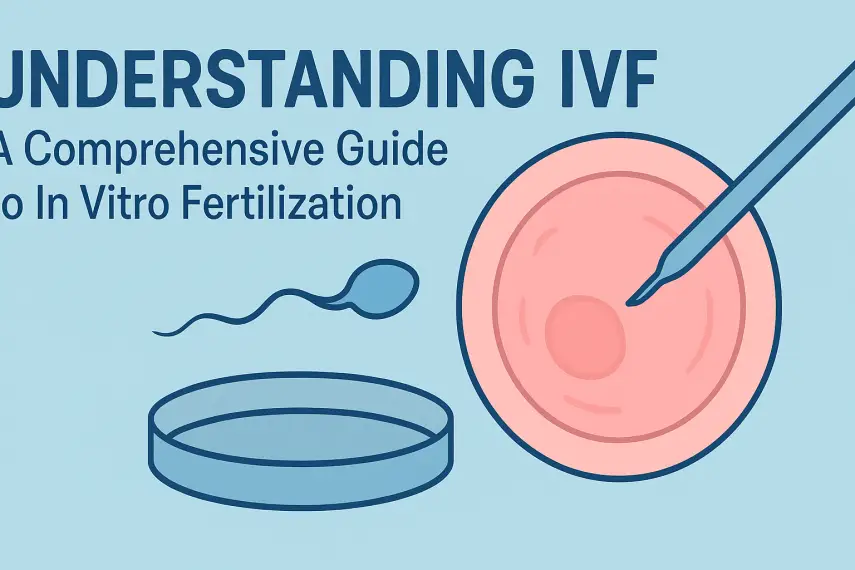
Guide to Better Sexual Life: Tips for Healthy Intimacy
📑 Contents
Maintaining a fulfilling and healthy sexual life is an integral part of overall well-being and relationship satisfaction. In this comprehensive guide to better sexual life, we’ll explore tips for healthy intimacy, practical communication strategies, and the key factors that contribute to a satisfying sexual relationship. Whether you’re in a long-term partnership or exploring new relationships, understanding the dynamics of intimacy and sexual health can help you build stronger connections and improve your quality of life.
Understanding Healthy Sexual Intimacy

Healthy sexual intimacy is more than just physical pleasure; it encompasses emotional connection, trust, open communication, and mutual respect. A positive sexual relationship can strengthen the bond between partners, enhance happiness, and support overall physical and mental health.
Key Components of Healthy Intimacy
- Communication: Open dialogue about desires, boundaries, and concerns.
- Consent: Mutual agreement and comfort with all intimate activities.
- Trust: Feeling safe, respected, and valued within the relationship.
- Emotional Connection: Sharing feelings and vulnerabilities to deepen intimacy.
- Physical Health: Addressing sexual health, contraception, and protection from STIs.
Tips for Improving Your Sexual Life

There are practical steps you can take to enhance your sexual relationship and overall satisfaction. The following tips focus on both physical and emotional aspects of intimacy:
1. Prioritize Communication
- Discuss preferences, boundaries, and expectations with your partner.
- Express appreciation and positive feedback.
- Address concerns or discomfort openly and respectfully.
2. Maintain Physical and Mental Health
- Engage in regular exercise to boost energy and confidence.
- Eat a balanced diet rich in nutrients that support sexual health.
- Address mental health concerns, such as stress or anxiety, which can affect libido.
- Consult a healthcare provider for persistent sexual health issues.
3. Explore New Experiences Together
- Try new activities or settings to keep intimacy exciting.
- Read books or attend workshops on sexual health and relationships.
- Experiment with non-sexual physical affection, such as massage or cuddling.
4. Focus on Emotional Intimacy
- Spend quality time together outside the bedroom.
- Share personal thoughts, dreams, and vulnerabilities.
- Support each other through life’s challenges.
Common Barriers to Sexual Satisfaction

Understanding and addressing common obstacles can help improve your sexual relationship. These challenges may include:
- Performance anxiety
- Stress and fatigue
- Mismatched libido
- Medical conditions or medication side effects
- Lack of time or privacy
Open communication and seeking professional support when needed can help overcome these barriers.
Table 1: Factors Influencing Sexual Satisfaction

| Factor | Role in Sexual Satisfaction |
|---|---|
| Communication | Reduces misunderstandings and increases emotional connection |
| Physical Health | Supports stamina, libido, and comfort |
| Emotional Well-being | Decreases stress and increases pleasure |
| Mutual Consent | Ensures comfort and trust |
| Novelty | Keeps the relationship exciting and engaging |
Physical Health and Sexual Well-being

Physical health is closely linked to sexual function. Certain lifestyle choices and medical conditions can impact sexual performance and desire. Here are some health-related factors to consider:
Impact of Lifestyle Choices
| Lifestyle Factor | Positive Impact | Negative Impact |
|---|---|---|
| Regular Exercise | Improves circulation and stamina | Lack of activity may lower libido |
| Balanced Diet | Supports hormone balance | Poor nutrition can affect energy levels |
| Sleep Quality | Enhances mood and energy | Sleep deprivation may reduce desire |
| Stress Management | Reduces anxiety and improves focus | Chronic stress can hinder arousal |
Emotional Connection and Intimacy

Emotional intimacy is the ability to share personal feelings, support each other, and foster trust. It often forms the foundation for a satisfying sexual relationship.
Ways to Deepen Emotional Intimacy
- Regularly check in with each other about feelings.
- Practice active listening without judgment.
- Show affection through words and gestures.
- Engage in shared activities and new experiences.
Table 3: Communication Techniques for Better Intimacy

| Technique | Description | Benefits |
|---|---|---|
| I-Statements | Expressing feelings using "I feel…" instead of blaming | Reduces defensiveness |
| Active Listening | Listening fully before responding | Builds understanding |
| Non-verbal Cues | Using touch, eye contact, and body language | Enhances connection |
| Feedback | Offering positive and constructive comments | Encourages improvement |
Frequently Asked Questions

- 1. How important is communication in sexual relationships?
Communication is crucial in building trust, expressing needs, and resolving misunderstandings, all of which enhance intimacy and satisfaction. - 2. Can stress affect my sexual life?
Yes, chronic stress can lower libido and arousal. Managing stress through relaxation techniques or counseling can improve sexual well-being. - 3. What should I do if my partner and I have mismatched libidos?
Open discussion, understanding each other’s needs, and finding creative compromises can address differences in desire. - 4. Are there medical conditions that impact sexual health?
Yes, conditions like diabetes, heart disease, and hormonal imbalances can affect sexual performance. Consult a healthcare provider for guidance. - 5. How can I improve emotional intimacy with my partner?
Spend quality time together, communicate openly, and show affection through words and actions. - 6. Is it normal for sexual desire to fluctuate?
Yes, libido can vary due to factors like stress, health, relationship changes, and age. - 7. What are safe ways to explore new experiences in intimacy?
Start with open communication, set boundaries, and ensure mutual consent before trying anything new. - 8. When should I seek professional help for sexual issues?
If problems persist, cause distress, or affect your relationship, consider consulting a therapist or healthcare provider specializing in sexual health.
Conclusion

Building a better sexual life involves nurturing both physical and emotional intimacy, prioritizing communication, and maintaining overall health. By applying these evidence-based tips and seeking support when needed, you can foster a more satisfying and healthy intimate relationship. For more expert insights on relationships and well-being, explore our articles at isayinfo.com.











